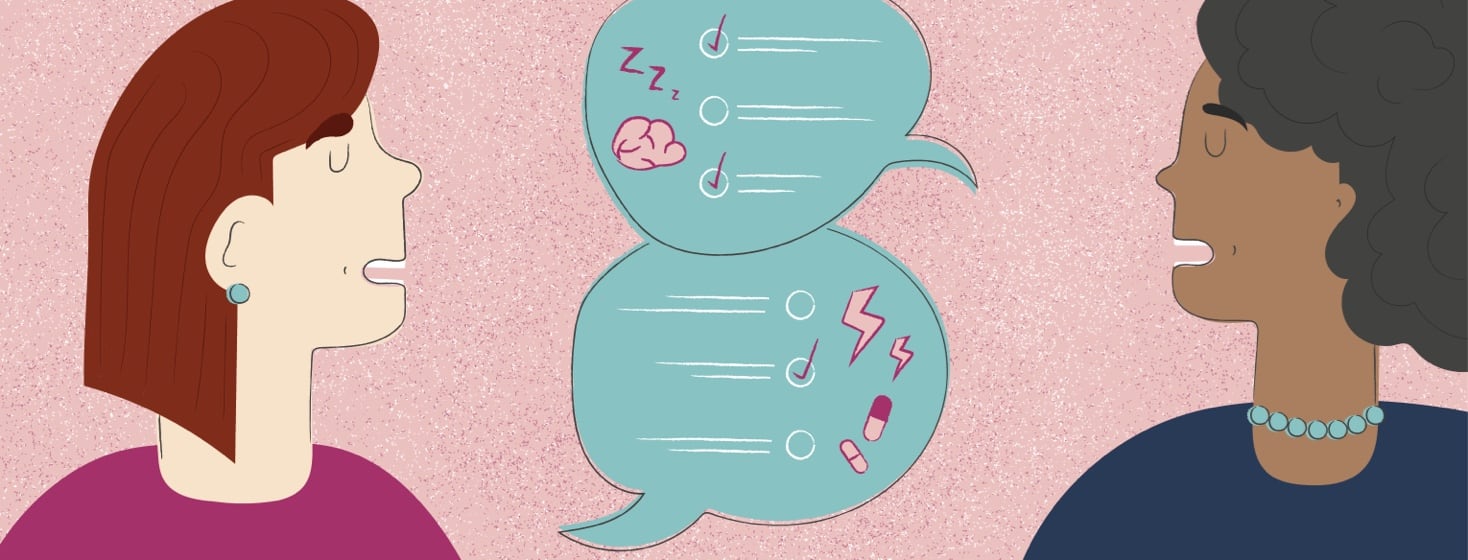IBD: Not To Be Confused With IBS!
“My friend had that. She takes Buscopan and she’s fine now.”
Let’s look at this statement for a moment. If someone had it, it’s not inflammatory bowel disease (IBD). If you have IBD, you have it FOR LIFE. If Buscopan was the "cure," it wasn’t IBD. It was likely irritable bowel syndrome (IBS), which although similar sounding, is not the same.
IBS vs. IBD
I get so frustrated when people confuse IBD and IBS. Better still, when they mix the two and invent a whole new condition! I’ve seen articles referring to "irritable bowel disease" and "inflammatory bowel syndrome." NO. STOP IT!
People like me, who are trying to raise awareness, could really do without the media getting it wrong. Through the media is how many people are introduced to conditions. Getting it wrong feels like they’re undoing all of our hard work!
So, just for the sake of clarity (and my sanity), let’s look at how the two differ.
What are they?
Irritable bowel syndrome is a functional gastrointestinal disorder. It is classified as a syndrome. It does not cause physical damage/inflammation in the intestine.
Inflammatory bowel disease is a structural disease and is classified as such. Physical damage such as inflammation and ulcers cause symptoms, and the damage can be permanent.
Symptoms of IBS vs. IBD
IBS usually presents as a change in bowel habits: constipation, diarrhea, increased frequency and/or urgency, bloating, and abdominal pain.
IBD usually presents with the same intestinal symptoms as IBS. However, there are many other symptoms, some of which occur in the intestine and others occur outside (extraintestinal manifestations).
In IBD, blood and mucous are often present in the stool due to ulceration. The inflammation and ulcers can cause long-term problems in the intestine such as scarring and adhesions, which can mean that people with IBD experience pain even when in remission.
IBD symptoms are more severe
Nutritional deficiencies and anaemia in IBD can be a result of blood loss, scarring, restricted diet, and the inability to keep food in the body for long enough to extract nutrients from it. Abscesses and fistulas are further intestinal symptoms.
Fever and weight loss are common initial symptoms, as are other extraintestinal manifestations which cause pain, ulcers, and inflammation in many areas such as the joints, skin, and eyes. IBD also increases the risk of colon cancer.
Diagnosing IBS and IBD
Diagnosis of IBS is usually by the presence of specific symptoms, or a process of elimination. Tests may include blood tests, stool samples, and sometimes a colonoscopy. There is no sign of disease or abnormality during an examination of the colon.
Diagnosis of IBD can be complicated and may include multiple non-invasive and invasive tests: colonoscopy, biopsies, endoscopy, MRI, or CT scans. Inflammation and ulceration are usually seen during these examinations.
How they're treated
IBS is often managed by dietary changes, stress reduction, and medications such as antispasmodics. Medications to treat functional issues such as diarrhoea or constipation may also be required. The side effects of these medications are limited. IBS rarely requires hospitalization or surgery
IBD is the umbrella term for Crohn’s disease and ulcerative colitis. It is usually managed by treatments that target inflammation and alter the body’s immune response, or by surgery.
Crohn's and colitis treatment side effects
The side effects of IBD treatments can be really rough and seem almost limitless. They can even lead to other chronic health issues or side effects that need treating with additional medications. They may need to be taken orally, rectally, via IV, or by injection.
Surgical intervention is usually a last resort, but IBD is often progressive, and people can build up antibodies to treatments, which ultimately results in surgery for many people.
For the sake of IBD awareness...
So there we are. Not the same. Multiple similarities, but not the same.
Pleeeaaase help us advocates out and use the correct terms when talking/writing about inflammatory bowel diseases. And, while you’re at, get the spelling correct: Crohn’s disease, ulcerative colitis. I feel another rant coming on...

Join the conversation